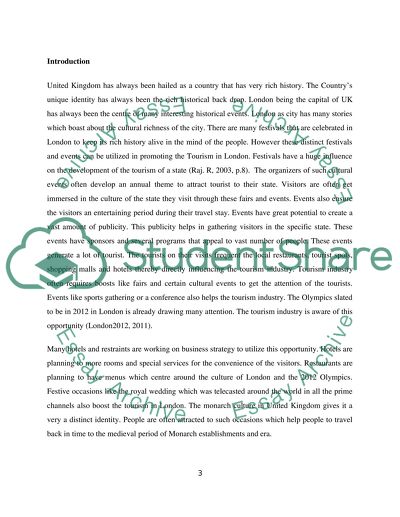Cite this document
(“Research proposal-importance of fairs, festivals and events in Tourism Essay”, n.d.)
Retrieved from https://studentshare.org/environmental-studies/1419199-research-proposal-importance-of-fairs-festivals
Retrieved from https://studentshare.org/environmental-studies/1419199-research-proposal-importance-of-fairs-festivals
(Research Proposal-Importance of Fairs, Festivals and Events in Tourism Essay)
https://studentshare.org/environmental-studies/1419199-research-proposal-importance-of-fairs-festivals.
https://studentshare.org/environmental-studies/1419199-research-proposal-importance-of-fairs-festivals.
“Research Proposal-Importance of Fairs, Festivals and Events in Tourism Essay”, n.d. https://studentshare.org/environmental-studies/1419199-research-proposal-importance-of-fairs-festivals.


